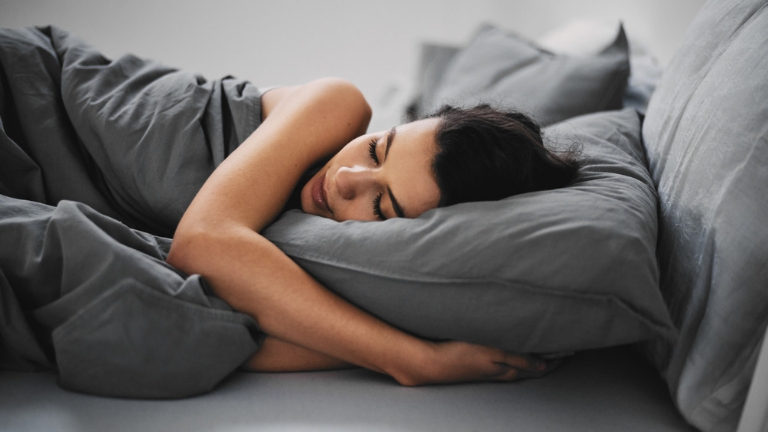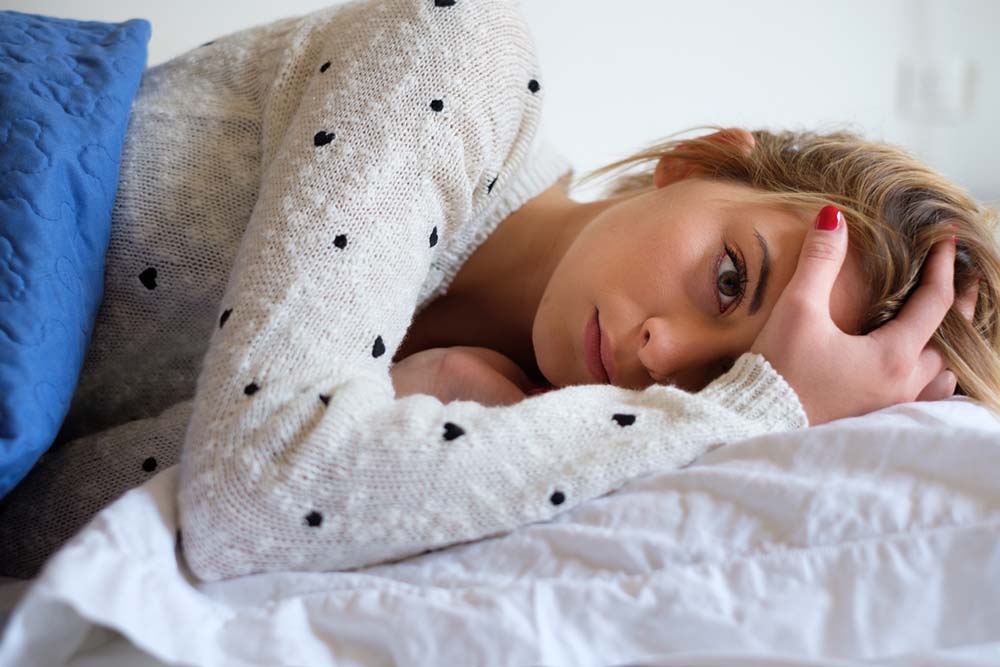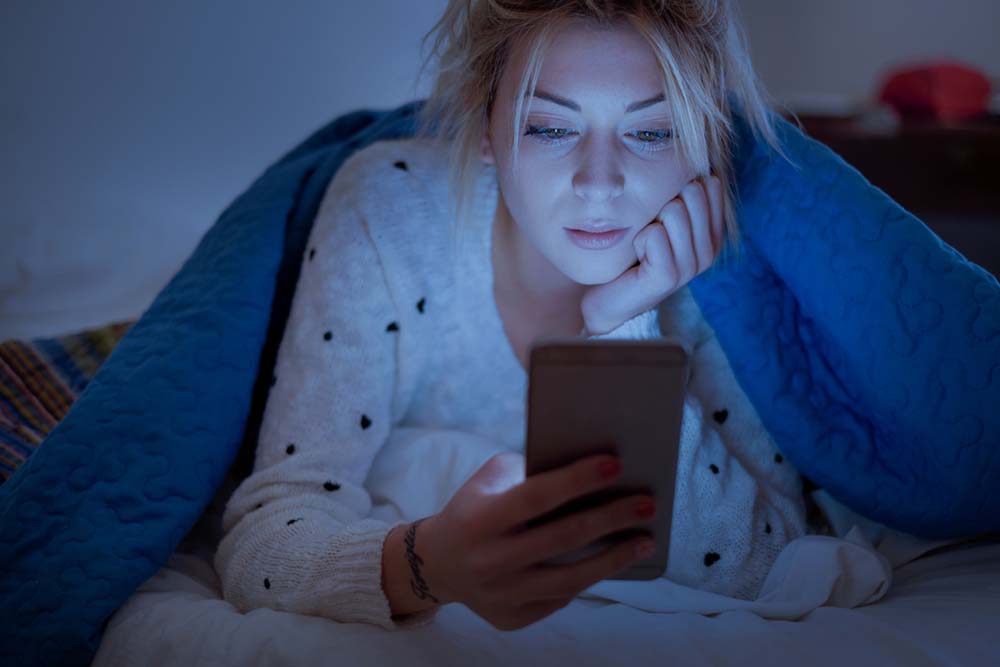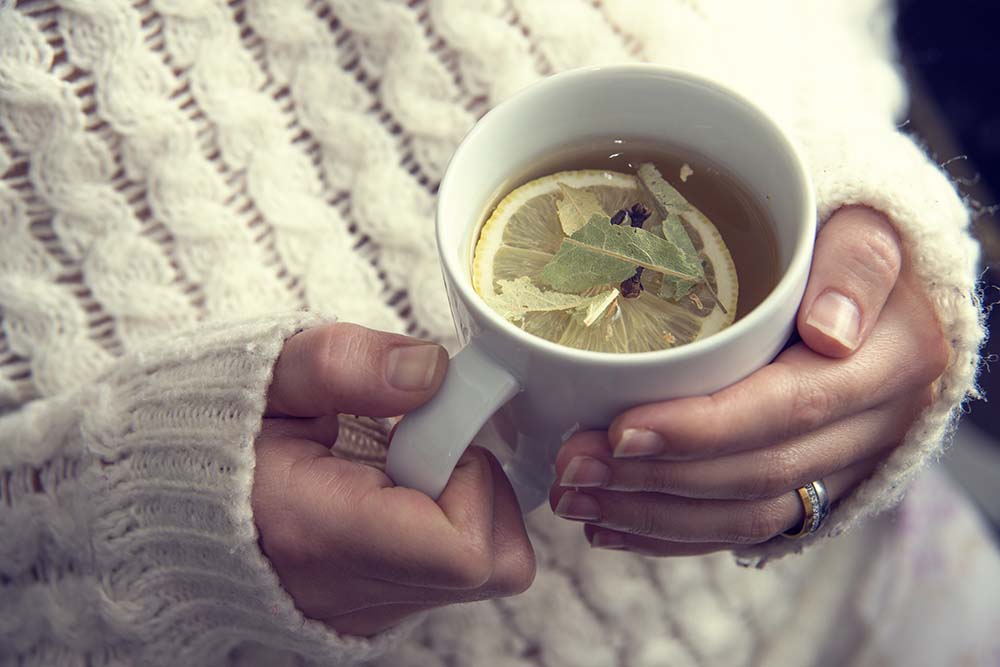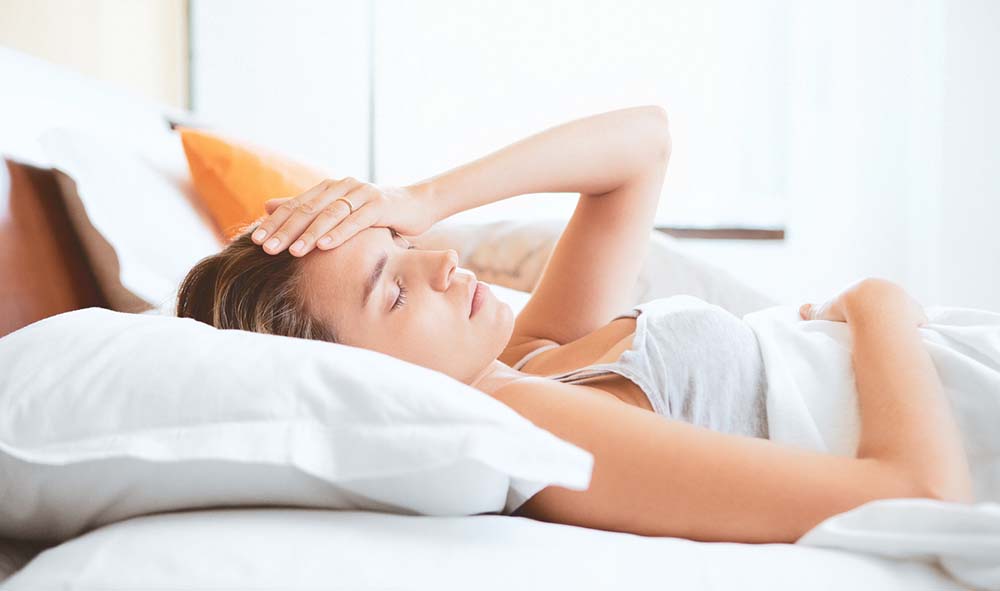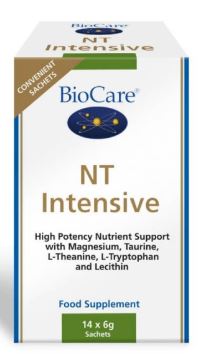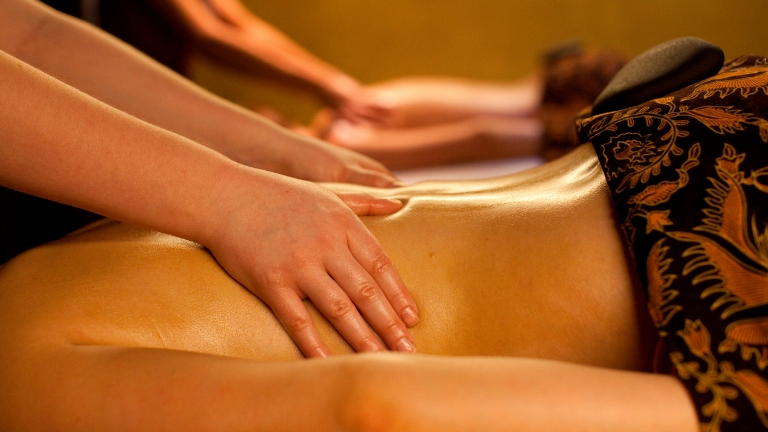Is insomnia ruining your life? Sleep medication is highly addictive but small natural changes can make a huge difference to your sleep, says Healthista Nutritional Director Rick Hay
There is nothing worse than a bad night’s sleep, and it turns out many of us Brits aren’t getting enough of it. Research published last December found that a staggering 38 per cent of Brits are not getting enough sleep, with women aged between 35 and 44 affected the worst. The survey, conducted by life insurance company Aviva, looked at the sleep habits of 14 countries globally and found Britons were the worst sleepers.
A staggering 38 per cent of Brits are not getting enough sleep.
‘Lack of sleep can negatively impact on most areas of our lives leading to poor concentration, fatigue, irritability, lower mood and weight gain due to rising cortisol levels,’ says Healthista Nutritional Director Rick Hay.
We’ve all had trouble sleeping at some point or another, whether it’s chronic insomnia or just a bad night’s sleep, everyone can benefit from learning a little more about how we can change our daily habits to get a a more restful night’s sleep.
Some people become so desperate to solve their sleep issues that they turn to medication such as benzodiazepine medication or Valium and Xanax.
Although this is guaranteed to help to get some Z’s, recent research has found that taking painkillers and prescription sleep medication at the same time could increase your chances of an overdose.
So what if there were some natural ways to help us sleep rather than relying on sleep medication?
‘Making some lifestyle changes including less screen time at night and relaxation techniques like mindful meditation can help with insomnia problems,’ says Hay, ‘as can some botanical, vitamin and mineral options’.
People have been using food, herbs and minerals traditionally for centuries to help them nod off, from cups of hot milk with soothing herbs and spices to a chamomile tea. Rick Hay is here to save the day (or night in this case) with six natural ways you can fix your insomnia.
Natural insomnia fixer #1 Read a book (not a screen) before bed
One of the main culprits keeping us awake is our constant use of screens. Phones, computers, Ipads, TV screens, even watches now have a screen. Electronic ‘blue’ light disrupts your circadian rhythms (natural body clock) and suppresses melatonin, the hormone that promotes sleep. So if you do wake up in the middle of the night, don’t reach for your phone, or any modern tech for that matter as the sudden fix of blue light will make it harder to get back to sleep.
A study from Brigham and Women’s Hospital and Harvard Medical University monitored twelve adult volunteers, half of which read a paper book and half from an e-reader before bed. Those who used electronics took longer to fall asleep, had less Rapid Eye Movement (REM) and were more tired and less alert the next morning.
So instead of taking your phone to bed, take a book or magazine instead.
Natural insomnia fixer #2 Avoid sugary drinks and processed foods
As we know, lack of sleep can lead to poor concentration, fatigue, irritability, low mood and weight gain due to rising cortisol levels.
All these factors can lead us to make poor food and drink choices throughout the day, such as sugary or caffeinated quick pick me ups.
The first thing to do is get rid of all those sugary, highly caffeinated foods no matter how much you think you are craving them.
High sugar soda drinks, highly processed foods, large amounts of alcohol and caffeinated beverages will all affect your sleep as they are stimulants that affect energy levels by spiking blood sugar. After this spike you will experience a slump in energy – a crash – which will again leave you reaching for the sugary drinks, caffeinated pick-me-ups and processed food. It can be a vicious cycle.
Caffeine is a well-known stimulant that blocks chemicals in the brain that make you feel sleepy, temporarily helping you to feel more alert. Caffeine can stay in your bloodstream for around six hours. So if you drink this near to bed time, you will certainly still feel the effects.
Caffeine and alcohol seem obvious bad choices when it comes to sleep quality, but another drink that has been linked to poor sleep is soda and carbonated drinks. People forget that soda too contains caffeine. Those who drink a lot of sugary and caffeinated drinks tend to sleep for five or fewer hours a night. Which is far less than the required seven to eight hours.
There are a number of reasons that soda drinks aren’t doing you any favours when it comes to healthy sleep. Not only do they contain caffeine, but they can also lead to bloating, stomach pressure and heartburn, which are other uncomfortable factors that could keep you up at night.
Soda drinks are a huge contributor to obesity. A regular bottle of coke contains around 240 calories from sugar alone.
Not only is soda bad as an immediate effect but drinking these drinks can also cause problems in the long run. Soda drinks are a huge contributor to obesity and weight gain. A regular bottle of coke contains around 240 calories from sugar alone. Sleep quality is hugely affected by obesity as this raises the risk of sleep apnea.
So what should you do? Cut out the fizzy drinks. Do you really need them? Try replacing them with sparkling water, seltzer or an elderflower tonic. These will keep you hydrated and refreshed without the added calores and caffeine without disturbing your sleep.
Plus, replace processed foods with food that is as close to nature as you can get – colourful and bright vegetables, lean proteins and wholegrain carbohydrates such as brown rice or sweet potato as these can all help calm the nervous system.
Having enough healthy fat before bed is important too, from sources such as organic butter, nut butter or avocado as this helps keep blood sugar longer throughout the night.
Prepare and plan your meals the evening before, so you can’t go out and buy any quick and easy foods that will more than likely be high in sugar and salt. If you prepare and plan what and when you will eat you are far less likely to snack idly on sugary or processed foods that come your way or cross your path.
Natural insomnia fixer #3 Don’t avoid exercise
The Sleep Council found that people who exercised for at least 30 minutes, five to six times a week, regardless of what time of day they exercised, were the least likely to take sleep medication.
When people think of exercise, many would think that exercising after work is too soon before going to bed and that this would leave you feeling too awake to fall asleep.
However, research actually shows that vigorous exercise before bedtime doesn’t really cause sleeping problems, and in some cases, may even be beneficial.
As long as you wind down before bed, exercising after work shouldn’t be a problem.
A 2011 study found that adults with insomnia who ran on a treadmill three times a week either in the morning or at 6pm saw their insomnia issues improve. They also took less time to fall asleep, woke up less and felt better in the mornings.
As long as you wind down before bed, exercising after work shouldn’t be a problem and will probably help you get to sleep quicker. Try yoga, meditation, mindfulness or reading before bed.
Natural insomnia fixer #4 Drink lemon balm tea before bed
If you have found yourself struggling to fall asleep due to a racing mind that’s stressing over the day’s events, then you are not alone and unfortunately this can become a vicious cycle. You can’t sleep because you’re stressed, but you’re also stressed because you can’t sleep.
Lemon balm is a member of the mint family. Similar to lavender, lemon balm is used in fragrances, cooking and herbal medicines. The flowering herb is used to produce an essential oil, and its leaves can be brewed to make a fragrant tea. Used in traditional medicine to treat insomnia, depression, anxiety, migraines and gastric conditions, lemon balm can also be used to aid and induce sleep.
Additionally, lemon balm can lower stress hormones whilst increasing the production of one of the feel good neurotransmitters, GABA (gamma-aminobutyric acid). GABA is an amino acid responsible for reducing anxiety, promoting relaxation and preparing our bodies for sleep.
Cyracos lemon balm extract as a supplement found in Biocare’s NT Intensive, has been shown to promote a reduction of 18 per cent of anxiety symptoms, 15 per cent in stress associated symptoms and 42 per cent in insomnia within two weeks according to a study published in 2011 in the Medical Journal of Nutrition and Metabolism.
‘A gentle lemon balm tea an hour before bed can help to relax and de-stress you,’ says Hay, this will help you to fall asleep and therefore feel less stressed the following day, he asserts. (Try Heath and Heather Lemon Balm and Liquorice tea, £2.49)
Natural insomnia fixer #5 Get your essential aminos
Taurine, L-Tryptophan and L-theanine are all examples of amino-acids that can help you to relax explains Hay. These are all essential amino acids the body needs but doesn’t make, therefore we need to get them from dietary source. Taurine – found in meat, fish and dairy – has a calming effect and L-tryptophan – found in eggs, cod, turkey and salmon – has a relaxing effect.
‘One ingredient becoming increasingly prominent for calming the nervous system and sleep is the amino acid L-theanine that can be found in green tea,’ explains Hay. One study found that giving 400mg a day of L-theanine to boys aged eight to twelve, who had ADHD improved their sleep with few side effects.
L-theanine is an amino acid found in green tea but also black tea, white and matcha green teas. In 100 grams of matcha, there are 2.41 milligrams of L-theanine – five times more than typical black and green teas.
It helps increase alpha waves in the brain (these are brainwaves that promote relaxation), causing general feelings of relaxation and improving the quality of your sleep, without causing daytime drowsiness, says a 2008 study published in the Asia Pacific Journal of Clinical Nutrition.
The 2008 study examined the brain activity of healthy adult participants after they consumed L-theanine and found it increased relaxing alpha brainwave activity. It showed evidence from EEG (evidence from human electroencephalograph – which is the instrument used to measure brainwaves) readings that L-theanine had a direct effect on the brain and relaxed the mind of study participants.
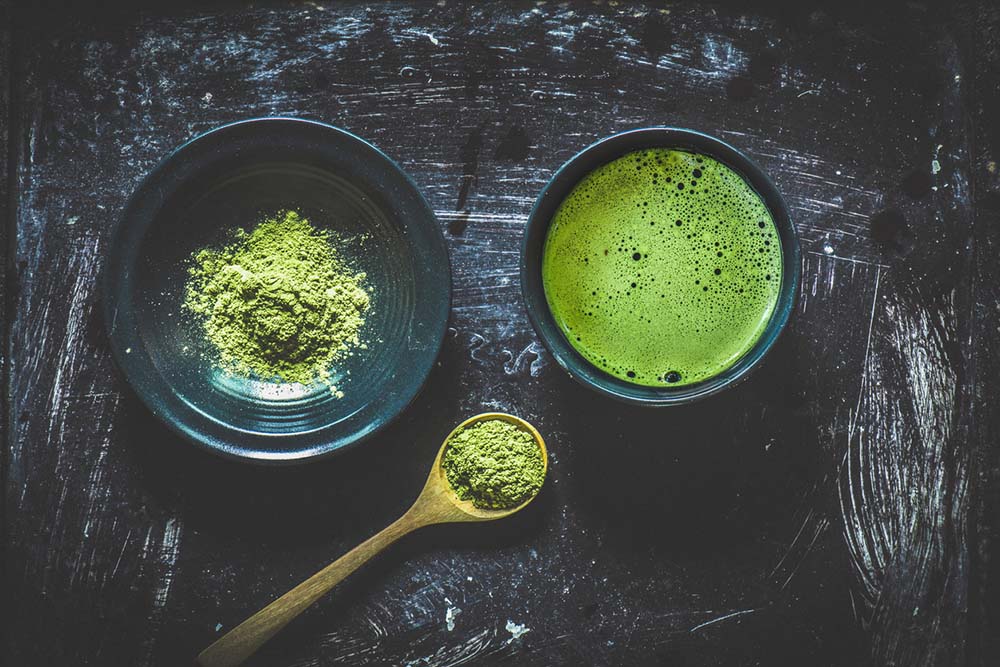
L-tryptophan is a precursor of another of the feel good neurotransmitters, along with serotonin and melatonin that are essential for sleep. It can help with both sleep duration and quality. In order for us to get to sleep and actually stay asleep our bodies need an essential balance of these feel good nuerotransmitters, hormones and chemical messengers in the brain.
Food sources containing L-tryptophan include, eggs, figs, almonds, avocados, fish, pineapple, tofu, nuts, seeds and turkey.
Avoid foods such as cheese, chocolate, sauerkraut, bacon, ham, sausage, aubergine and tomato close to bedtime as these contain the amino acid tyramine which increases the release of adrenalin that will stimulate the system.
‘Taurine is another potent neuro-protective amino acid that might also improve sleep patterns and sleep quality,’ says Hay. Taurine rich foods include, lamb, shell fish, dark turkey meat and dairy eggs.
Many sources of these three amino acids come from food products that contain meat and dairy. If you follow a vegan diet or are lactose intolerant you may struggle to get enough of these amino acids into your diet through food alone, therefore supplementation is recommended. (Try Biocare’s NT intensive, £27.95 for 14 sachets)
Natural insomnia fixer #6 Eat more greens
Much research has been found that the mineral magnesium can significantly decrease cortisol levels. Cortisol is a steroid hormone responsible for the body’s stress response, and the more stressed you are the less likely you are to sleep.
‘The well-researched mineral magnesium is known to help in reducing prolonged stress and improving sleep patterns,’ says Hay.
Magnesium levels can be increased by eating magnesium rich foods such as leafy greens, nuts and seeds. Added stress can deplete the body of magnesium. This mineral is associated with many chemical reactions in the body and is required for muscle relaxation and energy metabolism (converting food into energy).
The National Diet and Nutrition Survey found that 50 per cent of teenage girls and 11 per cent of adult women do not get enough magnesium in their diet.
Positive neurotransmitters in the brain such as serotonin are regulated by magnesium, and such neurotransmitters are essential to a stable mood and promote sleep.
Magnesium increases a chemical neurotransmitter in the brain called GABA, which encourages relaxation as well as sleep. Magnesium also sensitises GABA receptors in the brain, increasing the positive effect of this molecule.
Other studies have also shown that when magnesium levels are too low, it’s harder to stay asleep.
Low GABA levels in the body can make it difficult to relax and therefore difficult to sleep. Magnesium promotes good sleep by helping us to unwind, Hay explains, and it’s an important factor in how our body manages its sleep cycle.
Indeed, a 2012 study found that 500mg magnesium taken for eight weeks before bed had a positive improvement on insomnia levels.
Other studies have also shown that when magnesium levels are too low, it’s harder to stay asleep. ‘Magnesium contributes to the normal function of the nervous system thereby offering nervous system support which may then assist with sleep disturbance,’ says Hay.
Rick Hay reccomends Biocare’s NT intensive, ‘just one sachet daily in water [ideally before bed] or juice with food provides lemon balm, magnesium, taurine and theanine,’ says Hay.
More Healthista Content:
10 signs you’re ready to date again after a break up
How to relieve stress – 3 things this TV doctor wants you to know
How to lose weight: ‘I lost a stone on the F45 8-week Transformation’
How to use a rowing machine – 5 things this Olympic athlete wants you to know
3 things this TV Doctor wants you to know about healthy weight loss
WIN an overnight spa stay worth £279 by taking our 5-minute survey
Do you want to experience ultimate relaxation? To be in with a chance to win an overnight spa stay for two including treatments and meals, complete our five minute survey about how your gut health affects your relationships
Like this article? Sign up to our newsletter to get more articles like this delivered straight to your inbox.



